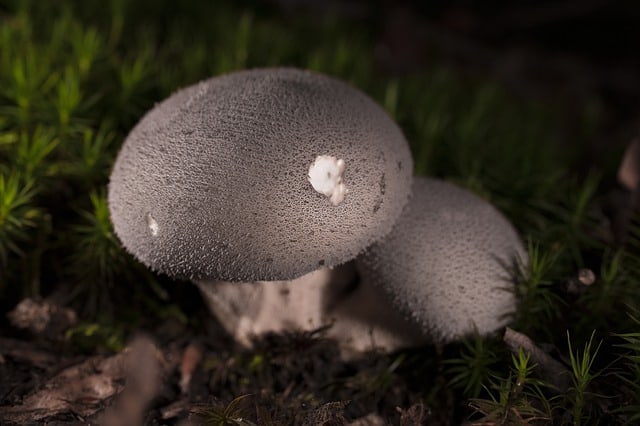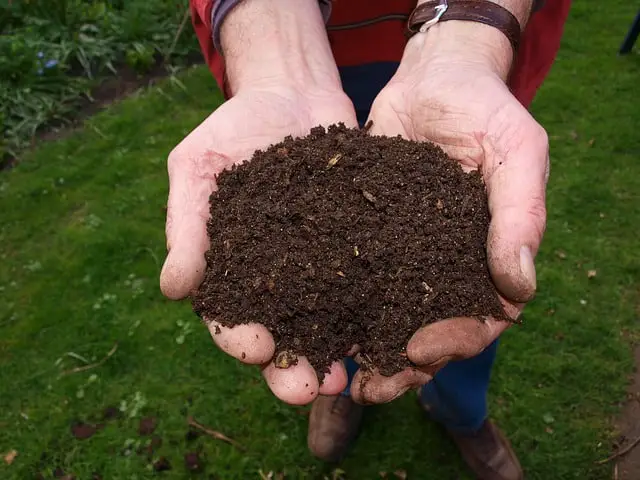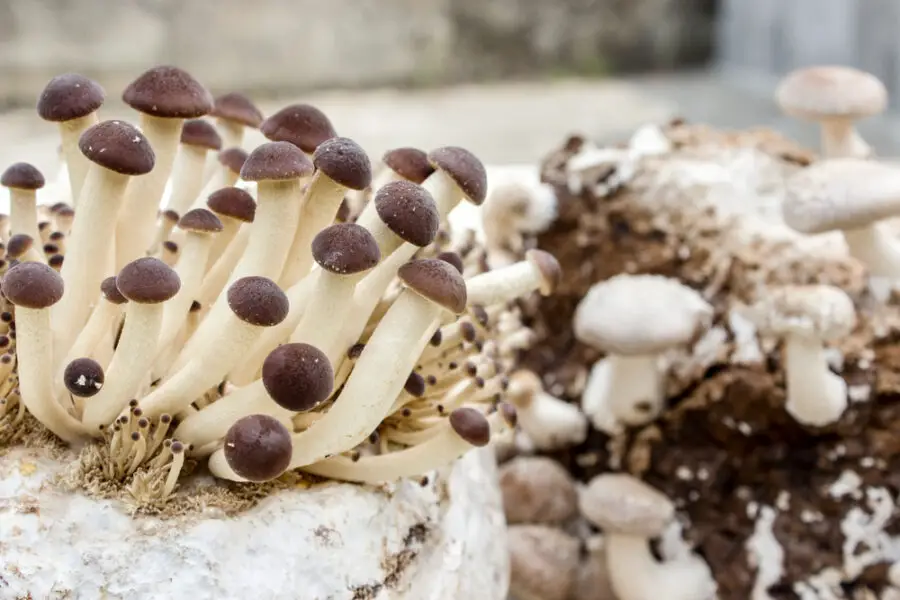There is no recommended time that is best to take lion’s mane. As long as you don’t experience any adverse symptoms after taking lion’s mane, it is safe to take at any time of the day.
Is There A Better Time Of Day To Take Lion’s Mane?
Since lion’s mane is said to help improve energy and help your brain focus, it could be beneficial to consider taking it in the morning. It would be best to consult the recommended dosage on your lion’s mane of choice to help decide when it is best for you to take it, after consulting with your doctor and/or nutritionist.
A typical dosage of lion’s mane in its supplemental form is considered to be 1000 mg per day. The recommended dosage can depend on what form you are taking lion’s mane in and personal health factors.
What Is Lion’s Mane?
Lion’s mane is a mushroom that gets its cheeky name from the long, thin mushroom stems that flow down from its body. They are edible mushrooms that can be grown or cultivated.
While lion’s mane mushrooms are not the most common mushrooms known to mushroom lovers, they have been a common part of the Chinese diet and Chinese medicine for years. It’s only recently that lion’s mane has made its way into Western health culture.
Lion’s mane has been used in Chinese medicine because of its powerful antioxidant nature, as well as for the positive effects it is said to have on the nervous system.
How Can I Consume Lion’s Mane?
Lion’s mane in its mushroom form can be eaten the same as other well-known edible mushrooms. They can be eaten raw after being washed thoroughly, or can be cooked into a variety of dishes similar to other mushrooms.
For medicinal use, lion’s mane can be found in numerous forms, including in teas, powders, and supplements.
What Do Lion’s Mane Mushrooms Taste Like?
Lion’s mane mushrooms are said to be very tasty, and have a texture similar to seafood. The flavor is most commonly compared to milder fish like crab or lobster.
They do not have a bitter aftertaste like some mushrooms can have. Because of its somewhat mild flavor, it can soak up any liquid, such as broth or sauce, as well as strong seasonings, to absorb their flavors.
Is Lion’s Mane Safe?
There is no evidence that consuming lion’s mane in any of its available forms is unsafe. That being said, there hasn’t been a lot of conclusive studies completed to determine this. Most of the evidence for its safety for consumption is anecdotal.
When it comes to lion’s mane in its dietary supplement form, or in any other form other than its natural state, it’s important to read the label carefully to see what other ingredients are in the product. The lion’s mane itself may not be dangerous, but other ingredients in the product could be.
Have There Been Studies On The Effects Of Lion’s Mane?
At this point, there have only been studies conducted on animals to see how their systems interact with lion’s mane. There have not been any reports of negative impacts on the animals’ health during these studies.
These studies don’t really help translate lion mane’s healthfullness for humans, as our digestive systems are built differently. They do show that there could be some benefit to studying lion’s mane potential usefulness for humans, however.
Have There Been Any Reported Side Effects Of Lion’s Mane?
There have not been any widely reported side effects of consuming lion’s mane mushrooms or supplements. This does not include anyone who has had an allergic reaction. Those who have had an allergic reaction are usually allergic to all types of mushrooms, so it’s nothing that is inherent within lion’s mane specifically.
Can Lion’s Mane Interact With Other Medications?
Since lion’s mane hasn’t been studied very closely at this time, it’s difficult to know whether or not it can interact with any medications or other supplements. It’s best to talk with your doctor before making the choice to start consuming lion’s mane supplements. There should not be any issues with eating lion’s mane mushrooms, but it wouldn’t hurt to talk to your doctor or nutritionist about that as well.
What Are The Health Benefits Associated With Lion’s Mane?
A lot of the scientific data is inconclusive, but some benefits expected from lion’s mane consumption includes many neurological and cognitive improvements. This includes prevention of conditions such as Alzheimer’s and Parkinson’s. In animal studies, lion’s mane was shown to improve the memory of test subjects, leading to strong hope that it could help humans in a similar fashion.
Lion’s mane has also showed promise in the mental health field for conditions including depression and anxiety. It’s believed the relief of minor anxiety and depression symptoms could be due to lion’s mane’s impact on the hippocampus, which is the part of the brain that regulates emotion.
Lion’s mane has shown proven success for aiding digestive distress, specifically with those who experience inflammation and gas after eating. The lion’s mane is usually taken before meals to help ease these symptoms. A small study also suggests lion’s mane could help those with ulcerative colitis, which is a chronic and painful condition that is difficult to manage.
While more studies are needed, lion’s mane shows promise to also:
- Assist nerve damage recovery and injury recovery
- Support brain recovery after stroke
- Protect against ulcers
- Improve fat metabolism
- Assist in blood sugar control for people with diabetes
- Prevent oxidative stress
How Long Should I Take Lion’s Mane Before I Can See Any Changes?
Studies that have taken place to monitor how taking lion’s mane supplements can impact health have been small, but promising. For example, there was a study done with a small group of elderly Japanese adults who consistenly took a lion’s mane supplement with 96% lion’s mane in it for approximately four months. Their cognitive function showed improvement after taking the supplement, as well as decline after stopping the supplement.
Therefore, much of the data that does exist shows that lion’s mane should be taken consistently in properly recommended daily doses in order for it to work.
Hi, I’m John Stephens, chief editor and writer for Totalgardener.com. I’ve been gardening and raising animals for over 15 years starting with a small backyard plot in Northern Virginia where I grew corn, potatoes, squash, and using a high mulch technique called the Ruth Stout Method. I also raised ducks and small mammals for meat and eggs in a movable pen similar to the ones used by Joel Salatin. I later moved to Colorado where I experimented with growing greens using aquaponics inside. I eventually added a microgreens setup and home sprouting operation. I’m excited to share everything I’ve learned plus more from the other local gardening and animal raising experts I know.



